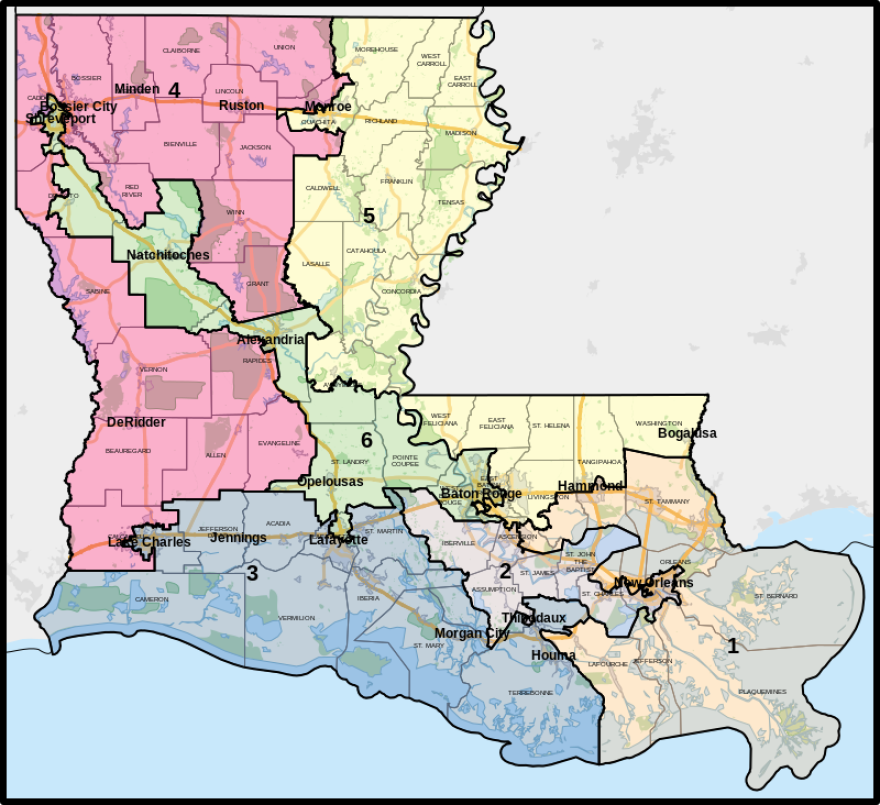For the first time since the state has been attempting to update Louisiana’s congressional map from the 2020 Census, all sides agree that the matter needs to be settled by the U.S. Supreme Court. Jared Evans, an attorney with the NAACP Legal Defense Fund, explains why the nation’s High Court is the appropriate venue to resolve this dispute involving the shape of Louisiana’s six congressional districts. “I think the fact that all of us are on the same thing, speaks to the direness of the situation that we’re in here, and how essential it is to have the Supreme Court to give us some resolution and finality, really.”

For more than two years, multiple maps have been either vetoed or rejected by two separate judicial districts. Evans says now is the time for the high court to step in. “Let the candidates know, the Secretary of State know, and importantly the public knows who they’re going to be voting for, and then the litigation can pick back up next year, when it’s time to start working on the 2026 map.”
The NAACP and State Attorney General Liz Murrill have filed for an appeal with the U.S. Supreme Court and Evans says a deadline has been set for other parties to file on this Monday, May 13, 2024.
As NPR's Hansi Lo Wang reported on Friday, May 10, in a 2-1 decision released on April 30, the three-judge court found that the map of voting districts – which Louisiana's state legislature drew during a January special session with two majority-Black districts to comply with Section 2 of the Voting Rights Act – violates the Constitution, ruling in favor of a group of self-described "non-African American" voters who argued that the state engaged in racial gerrymandering.




